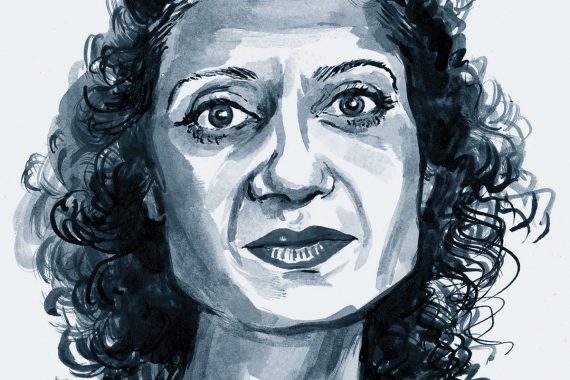Defining the lines of abuse

Columnist Dr Shaba Nabi says practices cannot be expected simply to accept the abuse they now face on a daily basis
We all recognise overt abuse as experienced at a practice in Derby late last year, when a patient took out his frustrations on the waiting room furniture. It is also easy to define abuse when it comes in physical form, and patients should be immediately removed from the practice list for any physical attacks on staff.
But what about the drip-feeding of abuse we see on a daily basis? Is this part of our role in caring for people at their most vulnerable, or is our acceptance of it part of the problem?
The dictionary definition of abuse is ‘to treat with cruelty or violence, especially regularly or repeatedly’. Verbal abuse is a type of emotional abuse, defined as someone ‘using their words to assault, dominate, ridicule, manipulate or degrade’. Many professionals working with victims of abuse would also include sarcasm in the arsenal of emotional abuse.
So what do we make of some of our daily clinical interactions with patients?
When a patient doesn’t get what they want, is the passive-aggressive ‘thanks anyway’ a form of emotional abuse? Or when we have outlined at least three self-care options for a patient, is it abuse when they reply, ‘So I’m just supposed to suffer with it, then?’
The tendency is to ignore these reactions, as we know addressing them will add another 15 minutes to our consulting time. But what is the cumulative impact of ignoring this? Are we sending a message that we accept these dysfunctional communications?
Other behaviours are less subtle and over-assertiveness can often veer into aggression. An angry tone and raised voice are frequently accepted in healthcare, and we pride ourselves on de-escalating a situation. In reality, we are walking a tightrope between supporting the distress of patients, and ensuring our staff feel safe. We accept these outbursts because it is likely that many patients have not learned to regulate their emotional responses for all sorts of reasons, including childhood trauma and low self-esteem.
So we adopt a person-centred approach when we are shouted at for calling a patient 12 minutes after we said we would. And we accept bad language, on the basis that this is how some people communicate. While we are walking this cliff edge of patient need versus our own need, it is easy for the lines of abuse to become blurred. Consider these four fictitious patient statements:
‘It’s a f*cking joke.’
‘You’re a f*cking joke.’
‘I’m gonna get you, you f*cking joke.’
‘I’m gonna kill you, you f*cking joke.’
There is little doubt that the last statement is likely to rattle even the most RCGP types among us. But what of the other three? Is there that much difference between referring to a system as a joke or referring to an individual as a joke? Both are going to make me feel uncomfortable, but the second feels all the more personal. At what stage do we send a zero-tolerance letter and when do we immediately remove a patient? There is guidance on the steps required before patient removal, but no open dialogue about the trigger points and the criteria that constitute abuse.
What is abundantly clear is that if we do not do more to protect our staff from the drip-feed of abuse, and define its red lines, the haemorrhage of the workforce will continue.
Dr Shaba Nabi is a GP trainer in Bristol. Read more of her blogs here
Related Articles
READERS' COMMENTS [2]
Please note, only GPs are permitted to add comments to articles










“is the passive-aggressive ‘thanks anyway’ a form of emotional abuse?”
It’s no worse than my own passive-aggressive “have a nice day now” after a particularly confrontational exchange!
The old school RCGP training and the rhetoric of patient is the centre of everything needs to change.
Primary care is at a crisis in many countries including across the Atlantic, but abuse to healthcare professionals is worse in UK.